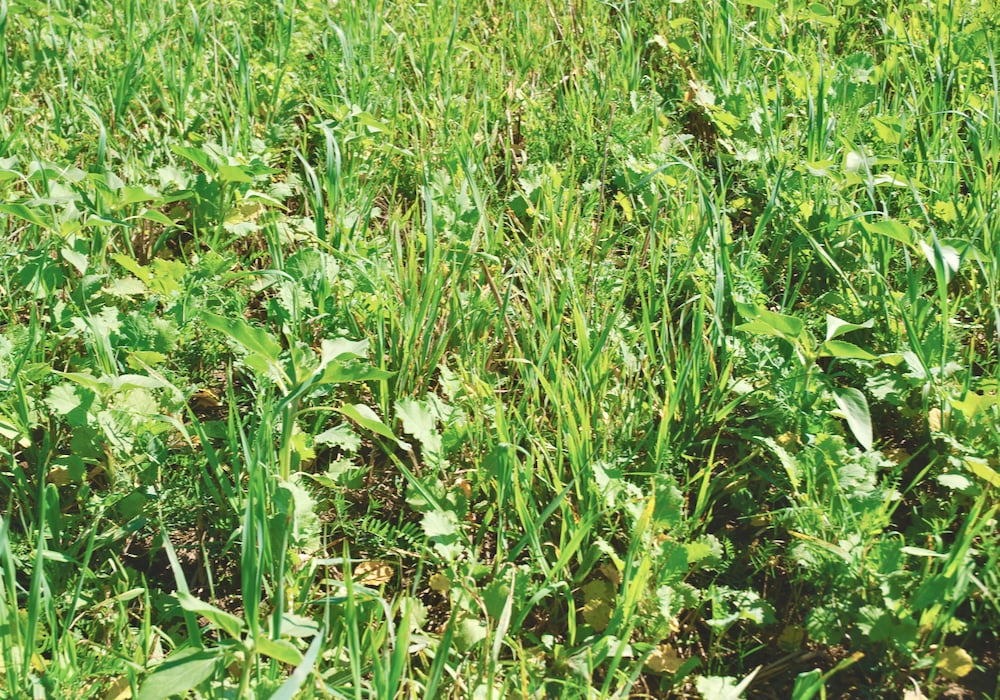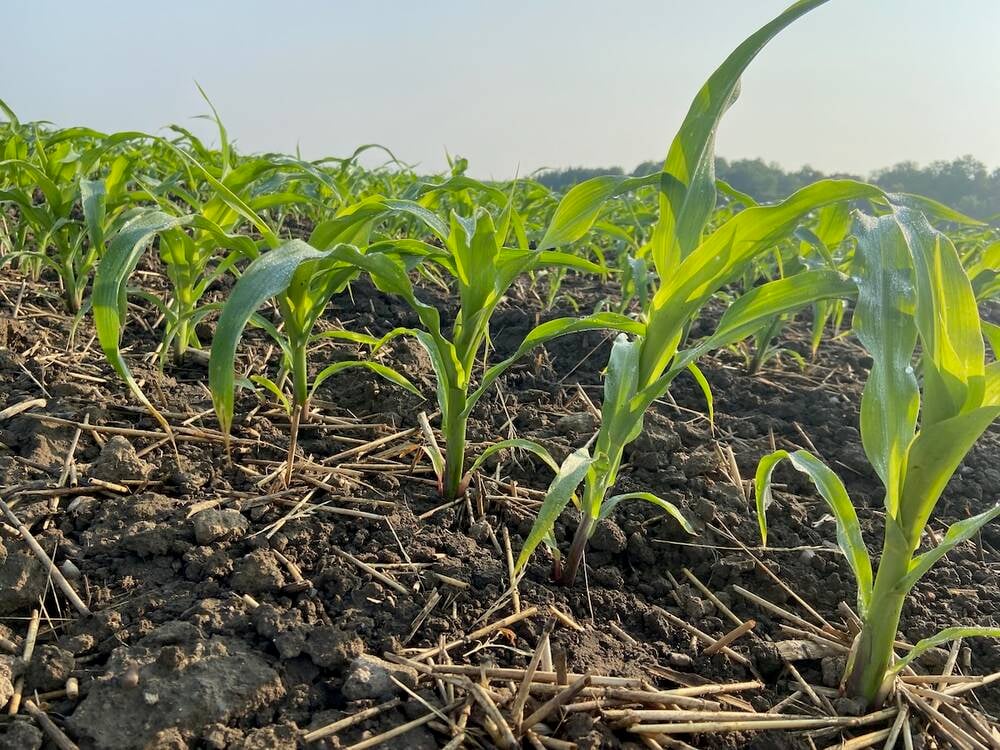OSCIA will continue to deliver OFCAF

The expanded On-Farm Climate Action Fund (OFCAF) will continue to be delivered through the Ontario Soil and Crop Improvement Association (OSCIA).
Read Also

New corn, soybean pesticides have no export concerns
Three corn pesticides to be launched in the Ontario market in 2025 have been approved by a committee that makes sure there will be no export market concerns with those products being used in the province.
The federal government announced on Jan. 28 that it will provide an additional $300 million to the national program to help producers increase climate resiliency over the next three years. The expanded funding includes a new multi-year project stream supporting continued practice implementation on the same acres for up to three growing seasons from 2025 to 2027.
In a release, Phil Oegema, president of OSCIA, said that OFCAF helps de-risk the adoption of proven climate-friendly beneficial management practices (BMPs) by lowering implementation costs for on-farm practices and enabling knowledge sharing through outreach and training among producers and agronomists.
“As our industry faces unprecedented challenges, the support OFCAF provides signals to our customers and partners that Ontario farmers are ready to meet evolving environmental expectations, strengthen the resilience of our agricultural systems, and continue to be leaders in sustainable and productive farming practices,” said Oegema.
The program assists with the ongoing adoption of BMPs that reduce greenhouse gas emissions, store carbon, manage in-field nitrogen, expand cover cropping and implement rotation grazing practices beginning April 1, 2025.
OSCIA plans application intakes for 2025 cropping season projects, likely beginning in March for in-field N management projects and late-spring intakes for cover cropping and rotational grazing systems.
New to the program is the opportunity for multi-year projects supporting continued practice implementation on the same acres for up to three growing seasons from 2025 to 2027.
Cost-share for nitrogen management projects and practices aimed at achieving GHG emission reductions, including equipment upgrades improving N-fertilizer placement, dual-action N stabilizer use, or soil organic amendments, such as manure, compost, and digestates instead of synthetic fertilizer substitutes on new acres in 2025 are available for eligible farm businesses.
Noting that demonstration, access to professional advice, and first-hand experiences of peers play key roles in farmers’ successful implementation and long-term adoption of BMPs, OSCIA will combine OFCAF cost-share support with participation in a Knowledge-Sharing Event (KSE).
“We have a lot to learn from farmers who are having success with these practices and who can tell us what to watch out for,” said Angela Straathof, OSCIA’s Director of Research and Knowledge Transfer. “As OFCAF continues, we’re excited to think creatively and strategically about how the expertise of our network of partners and advisors can get even more information into the hands of farmers.”
To support the expanded OFCAF, OSCIA is initiating an Agricultural Advisor Liaison position to assist with developing and delivering training materials in OFCAF-supported practices in consultation with Certified Crop Advisors of Ontario.
To receive up-to-date information on the upcoming OFCAF intake and other OSCIA programming opportunities, join OSCIA’s program email list at https://www.ontariosoilcrop.org/mail-list-subscribe or at OSCIAportal.org platform, where participants can submit applications.
Source: Farmtario.com

